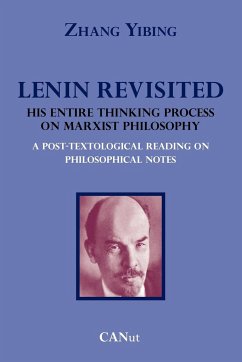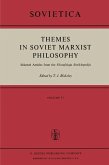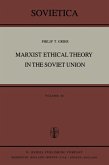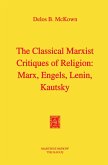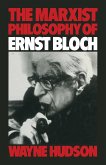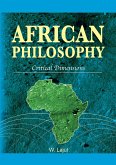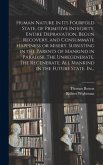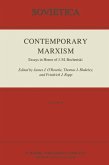In Professor Zhang Yibing's Lenin Revisited we find loyalty to Marxism, as well as a firm grasp of all the traditions, psychoanalytical theories, and textual analytical theories of Western Marxism; such a combination is extremely rare in this day. Zhang Yibing's interpretation of Philosophical Notebooks is developed from a textual fact that has long been ignored despite its truth. This is that Philosophical Notebooks are not a "book," but rather a random collection of notes and outlines collected after the death of the author. Therefore, Lenin's Philosophical Notebooks should be interpreted as a series of documents that reflect the theoretical and political conflicts of the time (among these documents is included a good deal of backtracking and aimless wandering). These documents are a series of windows opening on the particular social and political circumstances of Lenin's day (such as the collapse of the European Social Democratic Party in 1914). This line of interpretation reveals to us, in a truly miraculous fashion that has never before been duplicated, a Lenin who survives the existential test, who is interpreted with the newest philosophical experiments. This man, a contemporary of Adorno, Foucault, and Lacan, extends to us the invitation to continue his critical line of thought. For us today, the words "Lenin revisited" actually mean to step into the future in the company of this great historical thinker. Professor Zhang Yibing's newest work is not merely important in China: it is vital for everyone who wishes to restore the work of communism with the depth of philosophy. Slavoj Zizek Replicating the phenomenal research found in Marx Revisited, Professor Zhang Yibing has forwarded the study of Marxist philosophy using meticulous textual interpretation. This method, familiar to Western scholars, means that Zhang Yibing begins from the context of the modern political - scholarly - debate in researching the historical developmental process of Marxist philosophy. Furthermore, unlike many commentators of Marxist theory in both the East and the West, he has not assumed a dogmatic necessity for orthodoxy or science at the beginning of his theory. In his new work Lenin Revisited, Zhang Yibing begins with a broad, global scholarly scope in revealing that Lenin's Philosophical Notebooks are really a scholarly "mixture" that has been subjected to editing and refining. He goes on to conduct careful analysis of each constitutive element by unifying the dominant textual form and the editing expectations. This is doubtless a direct contribution to the furthering of interpretive theory. Zhang Yibing refers to this as "field work"; he has also learned much from this process. Building on the work of Roland Barthes, Zhang Yibing again demonstrates that textual interpretation is not a simple "return" to the "author himself" in a bookish sense; rather, it is a creative, productive thought experience shared by the researcher and the reader. Terrell Carver, Department of Politics University of Bristol Professor Zhang Yibing's important interpretation of Lenin's thought from a new perspective is based on the following theoretical premises. In 1914, with the outbreak of the First World War, Lenin systematically studied Hegel's Science of Logic; Marxist research conducted in the former Soviet Union ignored the highly significant philosophical shift experienced by Lenin during this time. Zhang Yibing extracts his research from the traditional dogmatic interpretive scope used to examine Lenin, Marx, and the dialectic method. Proceeding from the modern French perspective of literary criticism, Professor Zhang conducts an extraordinary interpretation of Lenin's philosophical notebooks on Hegel. Kevin B. Anderson, Purdue University, author of Lenin, Hegel, and Western Marxism
Bitte wählen Sie Ihr Anliegen aus.
Rechnungen
Retourenschein anfordern
Bestellstatus
Storno

